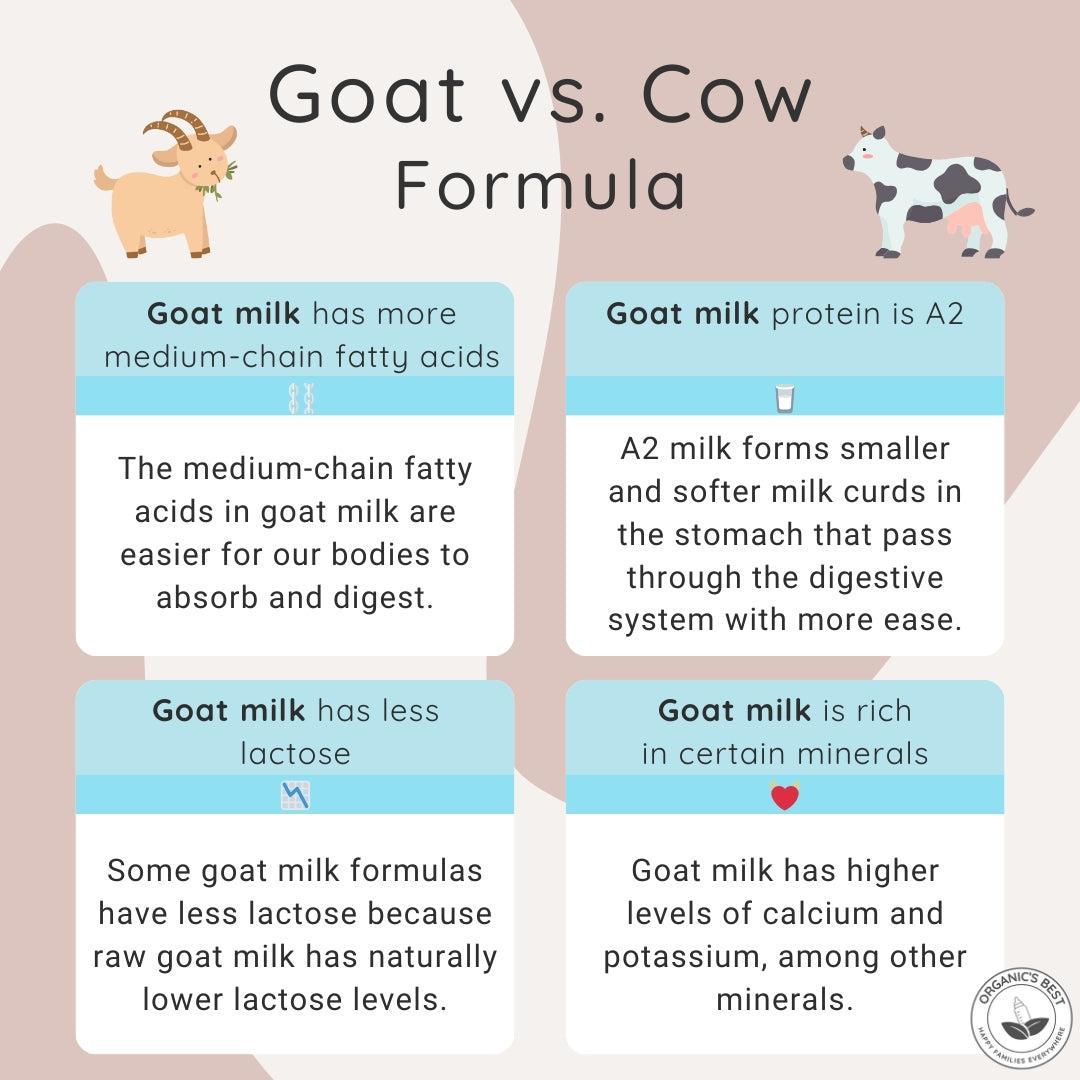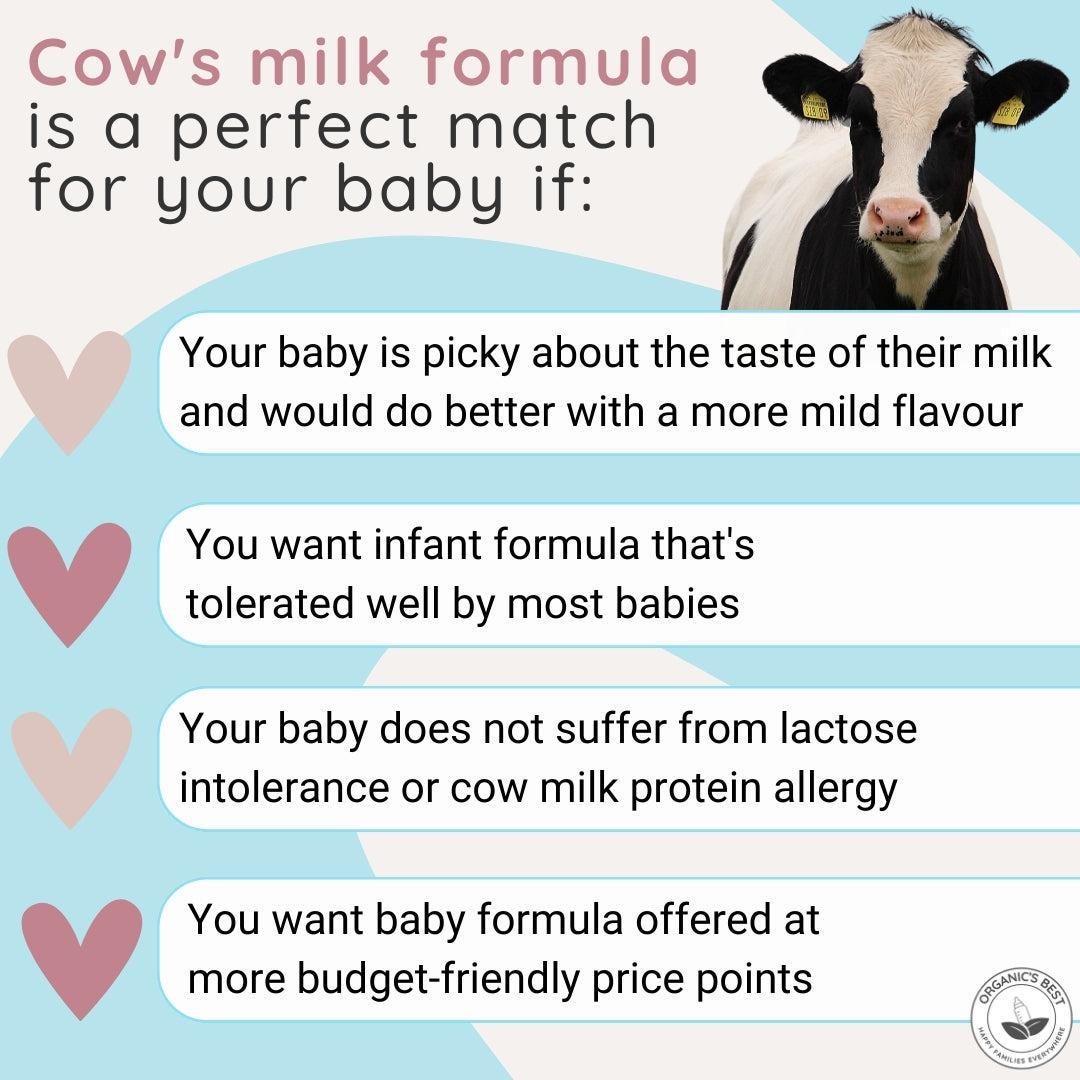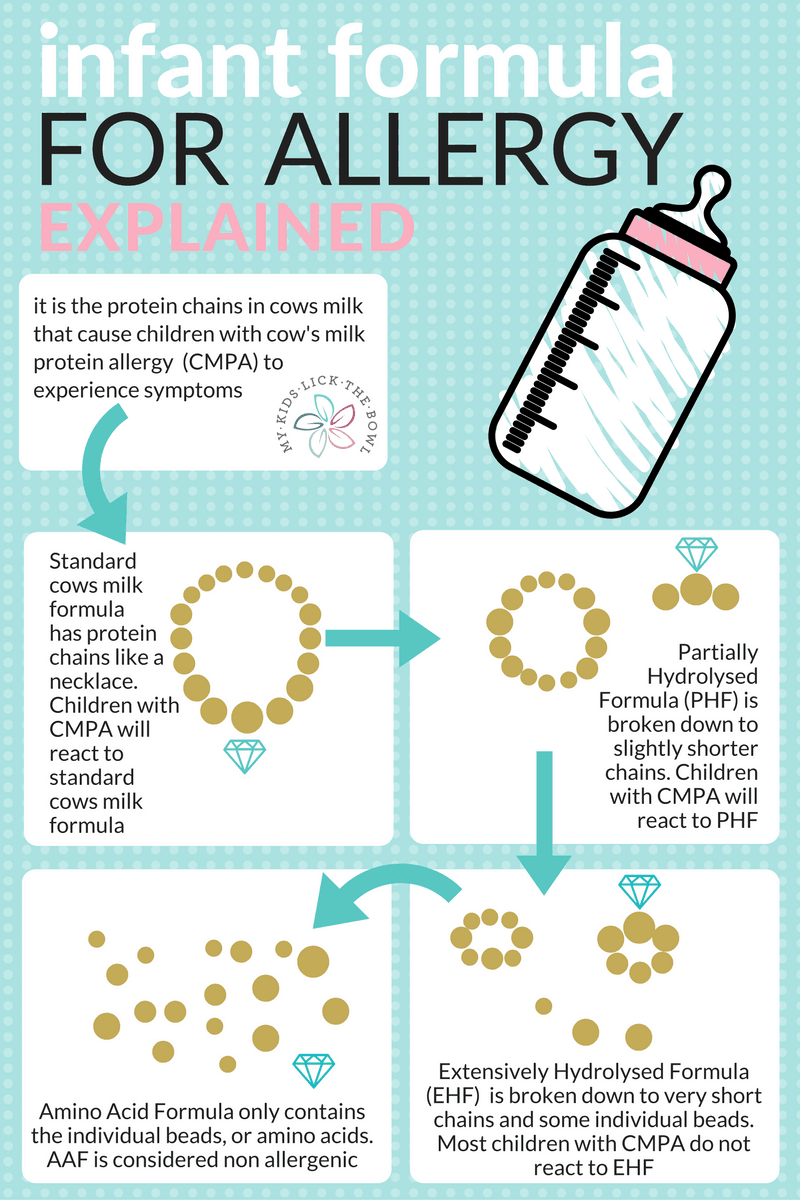Reference




Moonshot's Answer
Goat's milk allergenicity in children with cow's milk allergy is a topic of significant interest. According to various studies, there is a high chance of allergic cross-reactivity between goat's milk (GM) and cow's milk (CM) proteins, particularly for children with IgE-mediated cow's milk allergy [1][2]. On average, about 5 times more goat milk than cow milk is required to trigger an adverse reaction, which suggests that goat milk might be less allergenic than cow milk to some extent [3]. However, this does not mean that goat's milk is a safe alternative for children with cow's milk allergy, as there are still considerable risks involved [4][5]. The proteins in goat's milk can cross-react with four major milk allergens from cow's milk, indicating the need for caution before using goat milk for infant formulas [6]. Therefore, it is generally advised that goat's milk is not a suitable alternative for children with medically established cow's milk allergies [7][8]. It is crucial for parents and healthcare providers to be aware of these cross-reactivities and to consider individual reactions when making decisions about milk substitutes for children with allergies. Images related to the comparison of goat's milk and cow's milk can be found in various sources, illustrating their differences in protein composition and potential allergenicity [9][10][11][12][13][14][15][16][17][18][19][20].
References:
- Allergenicity of goat's milk in children with cow's milk allergy - PubMed
- Allergenicity of goat's milk in children with cow's milk allergy
- Allergenicity of goat's milk in children with cow's milk allergy
- Can goat milk be an alternative in case of cow's milk allergy?
- Goats' milk formula 'not a solution' for cows' milk allergy kids: FSA
Follow Up
Related
How does the allergenicity of goat's milk affect children with cow's milk allergy?
How do immune responses differ between normal and milk allergic subjects?
What treatments are effective against Ulocladium chartarum in medical cases?
How many children did Charles P. Barnes and his wife Annie have?